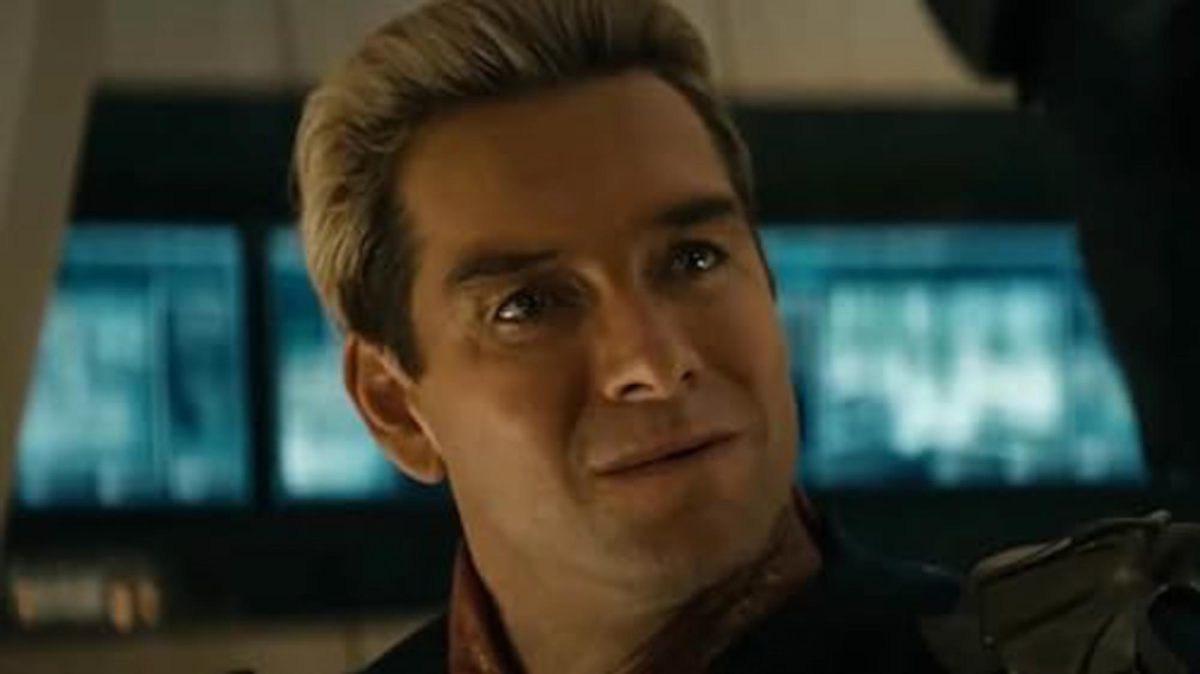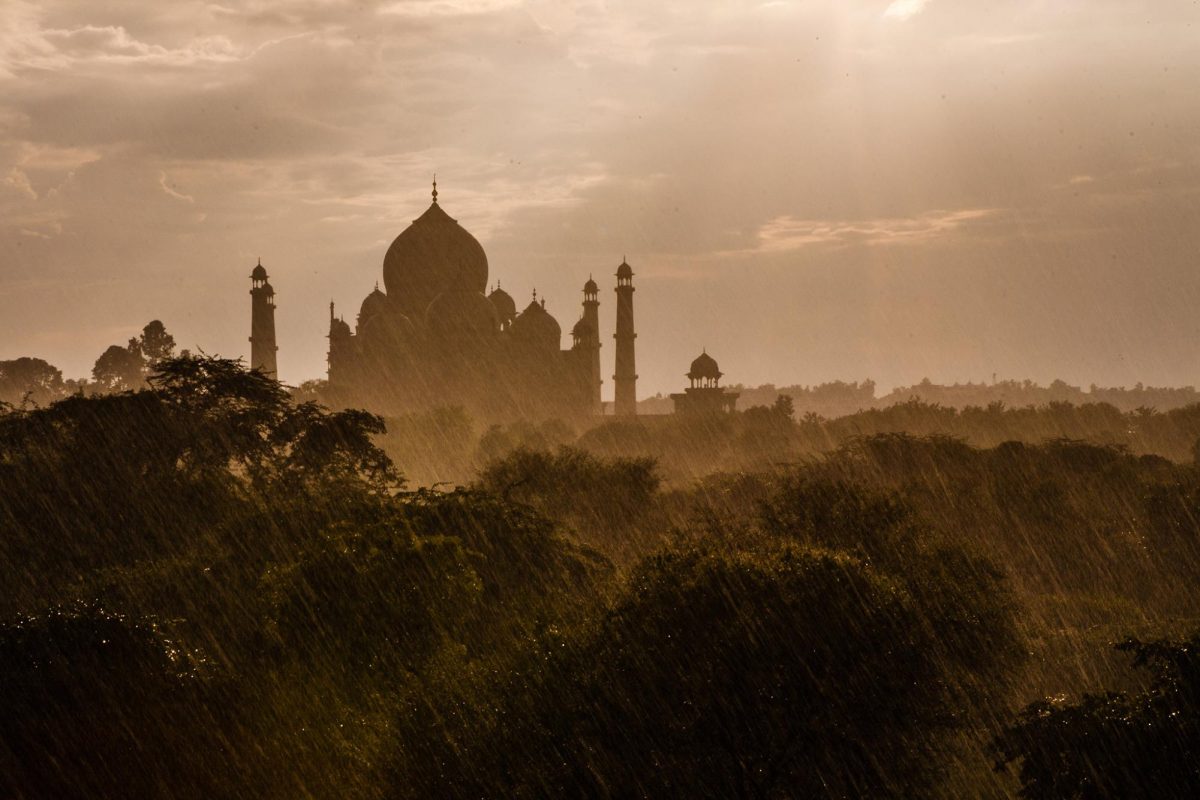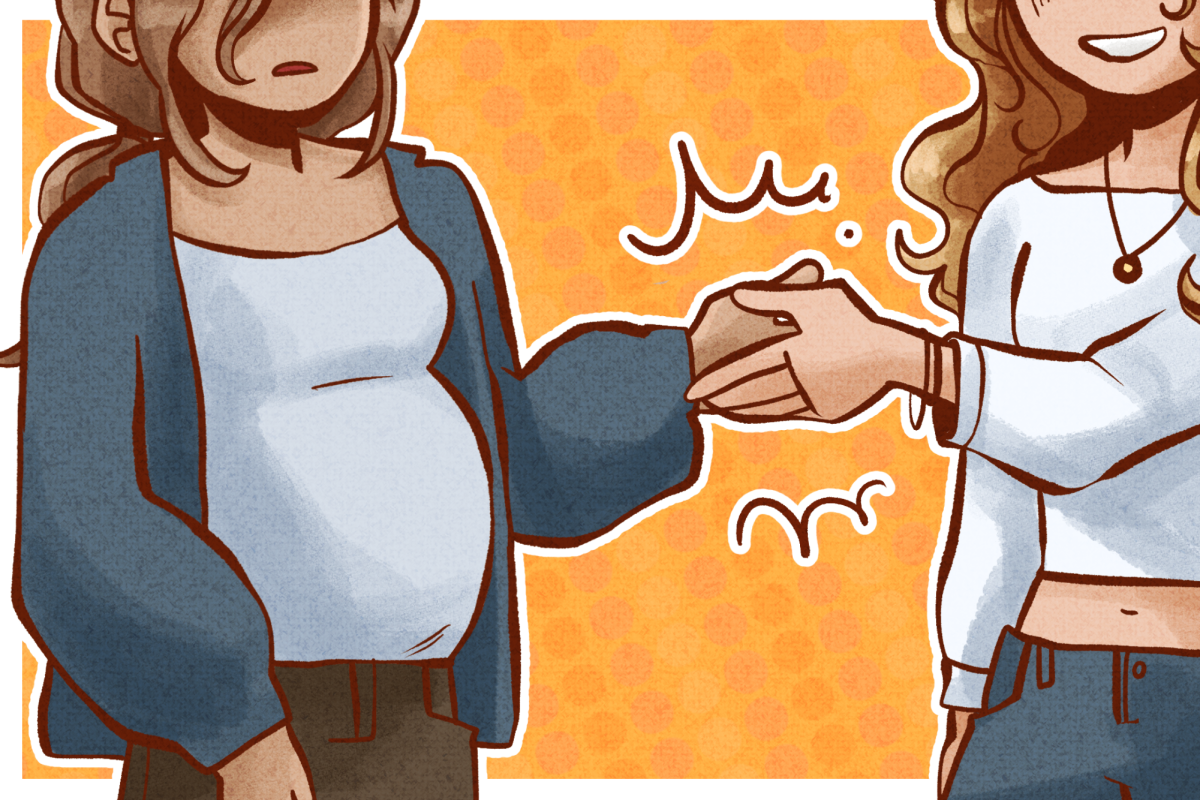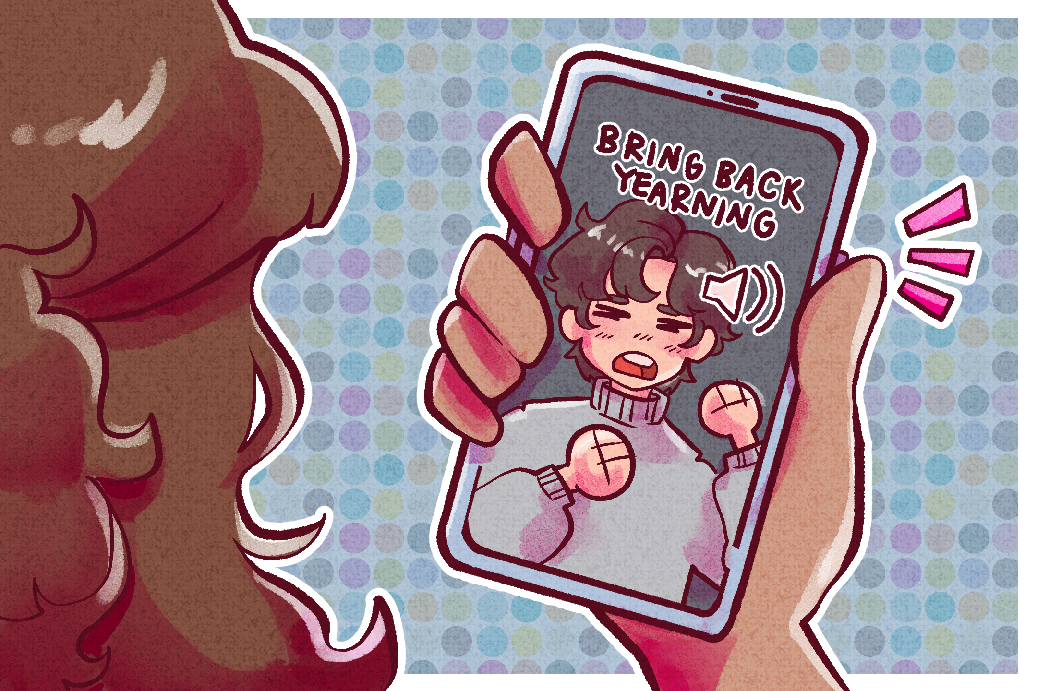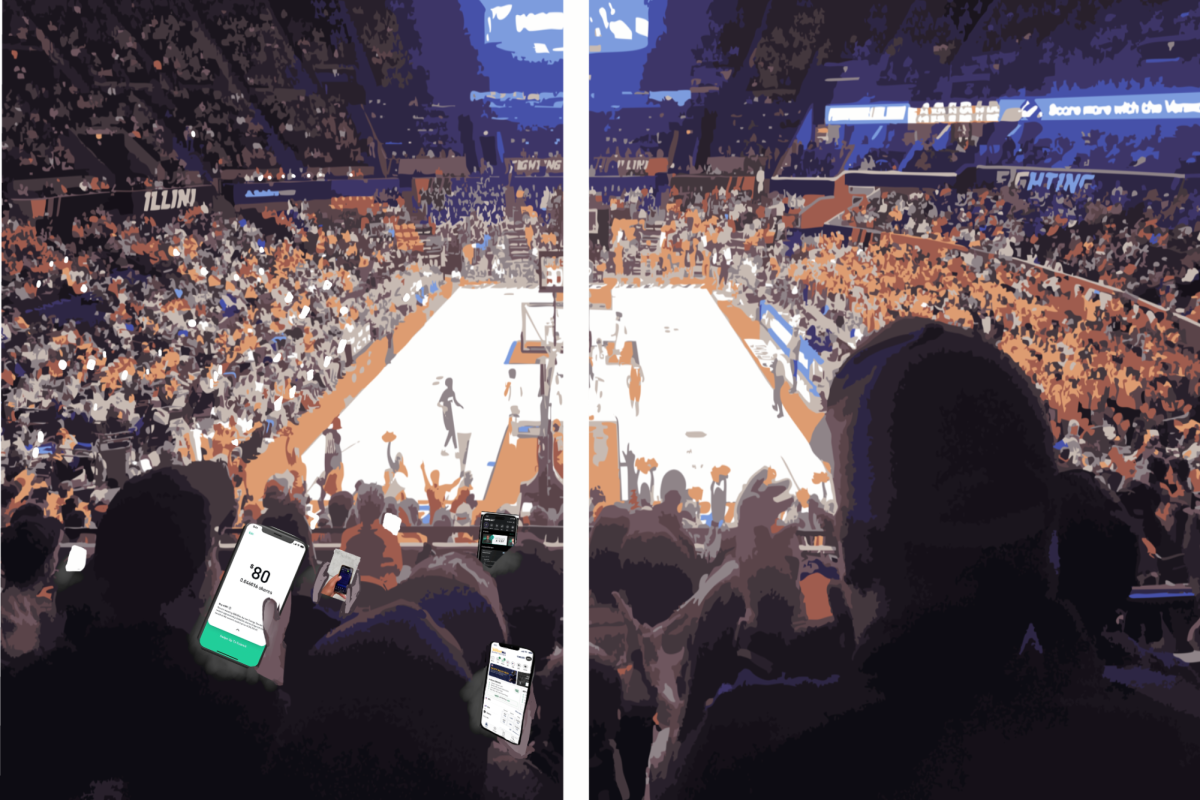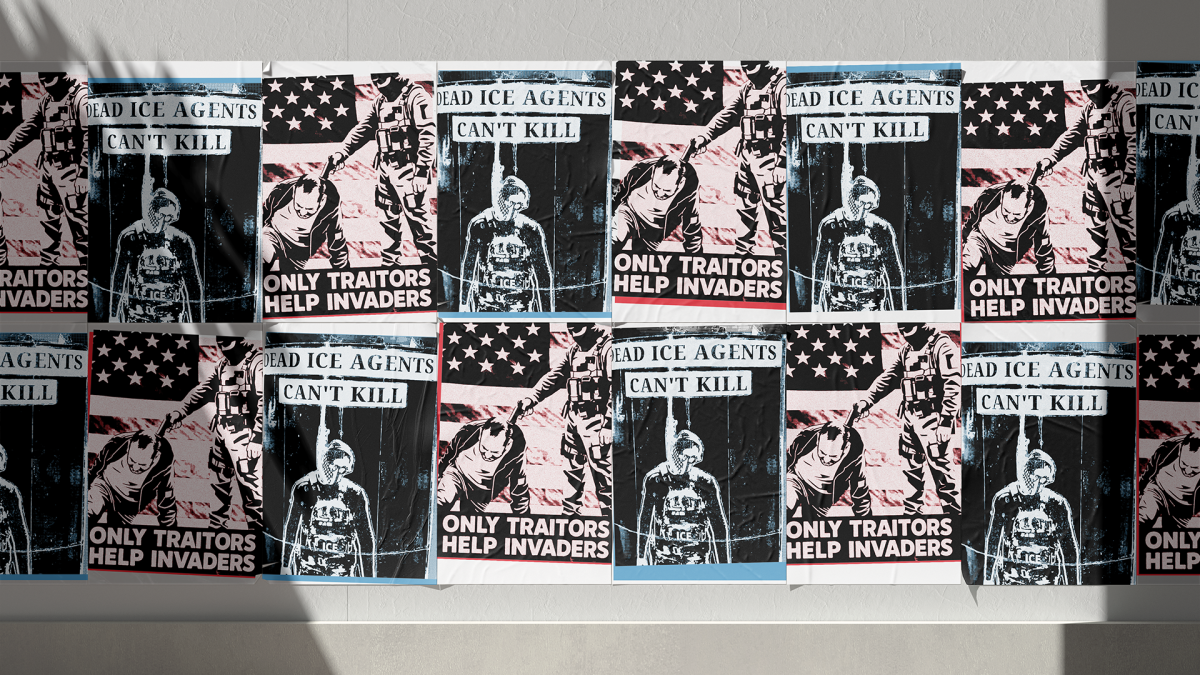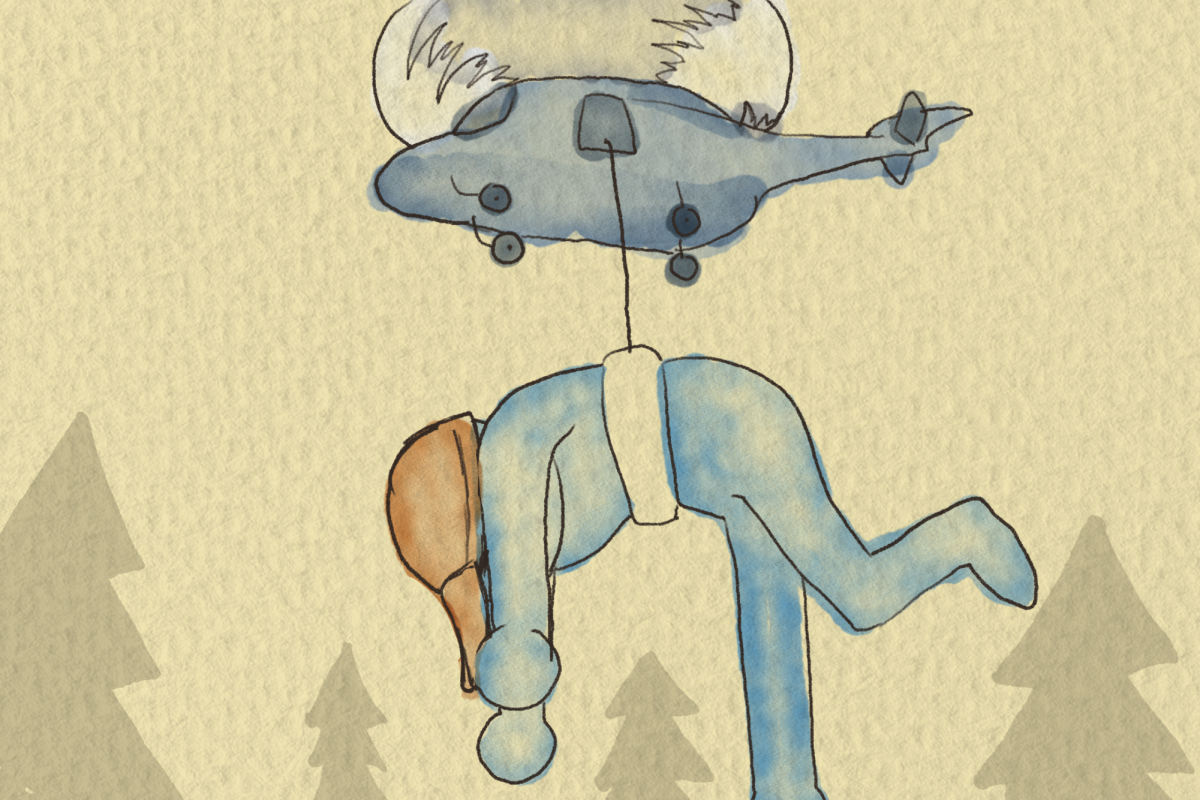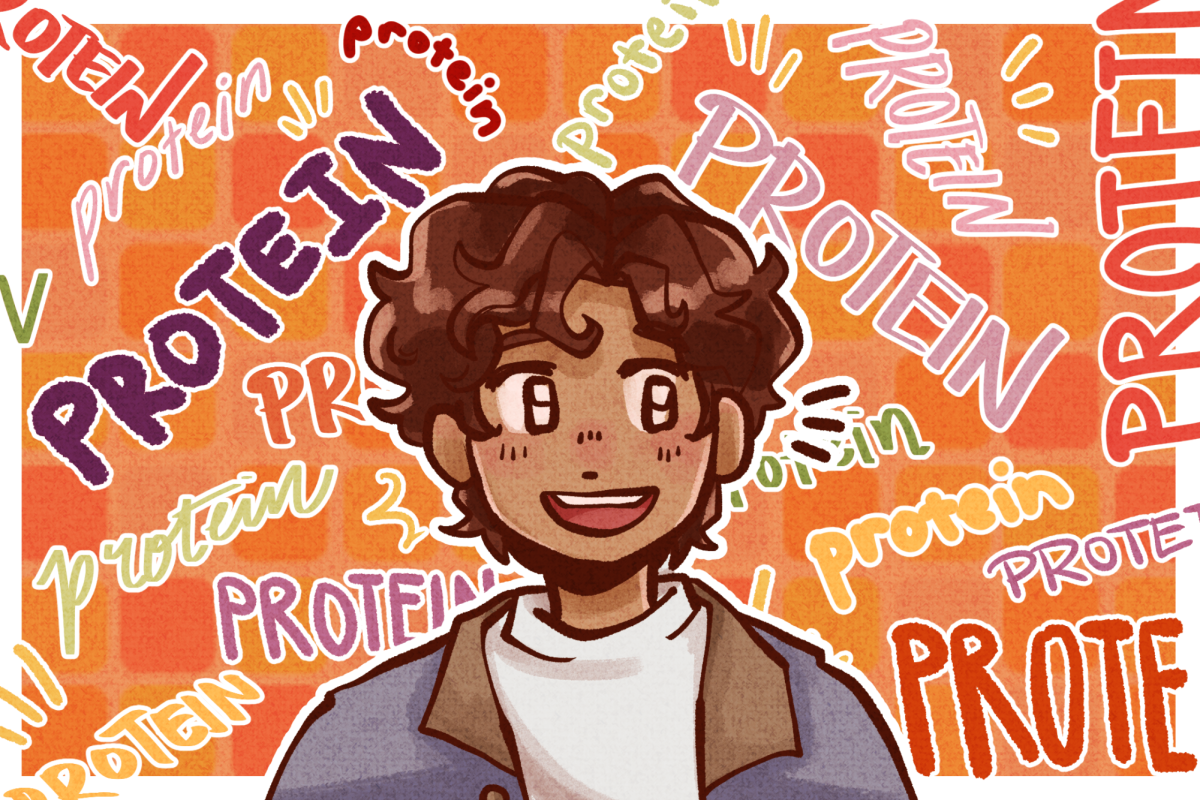I got caught in the rain without an umbrella as I was walking to class the other day, and as the first cold drops fell down my cheek, I was reminded of the cheesy cinema cliché where it starts pouring rain during a dramatic moment so you can’t tell if the characters are crying.
The on-cue storm cliché can be especially important for men on screen: In order to maintain their character’s dignity during a rare moment of emotional vulnerability, the filmmakers have to give their hero some plausible deniability regarding whether those were actually tears.
Because although we as a society have done great work to expose and combat toxic masculinity, men still cannot cry.
Actually, that’s not true. The media shows men crying all the time! Hollywood’s most famous characters, from Vito Corleone to Will Hunting to Thanos, have all shed a tear or two. At first glance, I’d seem crazy for complaining about snubbed representations of crying men.
But according to American film and television, there are only two instances where an adult man is allowed to cry: when he loses his father and when he loses his son. Sometimes we make allowances for dead wives, war trauma and extremely abusive childhoods, but if it lasts more than a moment, then he needs to get over himself.
Get The Daily Illini in your inbox!
This is destructive for a few reasons.
First, it implies that if it doesn’t involve a funeral, anything else isn’t “serious” enough for a man to cry about. Thus, the men portrayed crying outside this pattern are the insecure and pathetic characters. You’d never see Captain America cry if people hated him, but Homelander would and did.
Second, there’s an oversaturation of men crying only for other men. I like the “Star Wars” prequels as a case study: Obi-Wan, the mature hero, appropriately cries for the fall of Anakin, who was like a brother to him.
Anakin, the troubled deuteragonist, screams, cries and kills over the deaths of his mother Shmi and his wife Padme. And yet, those movies treat his inability to let go, be stoic and be inured to his immense grief as what led him astray and brought him to the dark side.
This trend betrays the toxic assumption that men cannot have close relationships with women who aren’t their wives. The “real men” in movies don’t cry over women very often because “real men” in movies don’t really value or care about women.
A cinema buff might be able to dig out some niche counterexamples from their well of esoterica, but I can’t think of any instances of Hollywood male-female best friendships that didn’t culminate in the two characters getting together.
Third, contrary to popular belief, Hollywood writers are talented and they don’t create pointlessly unbelievable characters. This means that instead of crying, the writers find some other way to demonstrate how their character feels. This usually involves anger and violence, especially in the enormously popular genres of action, adventure, gangster and Western.
This is not to say that I think men are watching Clint Eastwood’s “Unforgiven” and thinking that they should just shoot the people they are afraid of. But they are walking away thinking that William Munny looked much, much cooler when he killed Little Bill Daggett than he did when he was lying on the floor crying and getting kicked in the face by Daggett.
I also don’t mean to suggest that the films and characters I’ve mentioned are bad or poorly written. They are some of Hollywood’s best and most memorable. In fact, some of the characters I’ve criticized are important portrayals in their own right.
Homelander is a manchild, but that kind of manchild absolutely exists in real life and is incredibly abusive to the people around him. A more faithful interpretation of the story of Anakin Skywalker is that of a man struggling with his emotions, and the unfeeling dogma of the Jedi represents the culture of toxic masculinity twisting and contorting him toward evil.
I write this column because of the fact that even the best films that are unique, innovative, compelling, realistic and make necessary social commentary will still misrepresent men crying.
Movies need to frequently show their male characters getting genuinely upset at appropriately upsetting things. Their men need to cry after they lose their job, after they get punched, after they fail and after somebody hurts them. Because if it can’t even happen on screen — where anything is possible — it never will.
Noah is a freshman in DGS.



